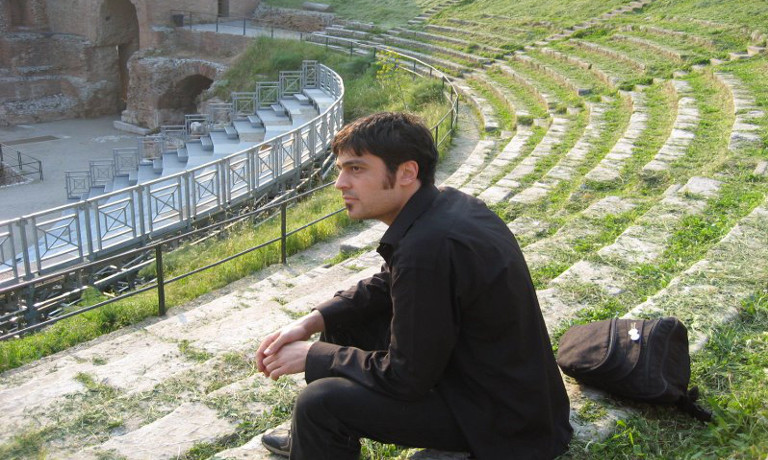
Existential intelligence is defined as the ability to pose and ponder questions about life, death and ultimate realities. Everyone knows someone who has a sixth sense or a great intuition. They do really well in cultural sites, spiritual places, or environments with great vistas, and don't necessarily like conflict or chaos. Existential intelligence, in its basic sense of feeling or knowing that one exists, most likely develops in the foetal brain before hearing. In original cultures, the existential intelligence lead to innovations such as burnt sacrifices, yearly rituals, and reciprocal agreements. The historical rise of organized religion, divine right, and socialism were also related innovations. In our times, the Civil Rights/Freedom movement and Environmental movements across the world could not have occurred without Existential intelligence. Today, people with a high existentialism find careers in counseling, mentorship, holistic/ traditional medicine, and philosophy. In my class, I relate to the Existential intelligence in order to help improve student's personal beliefs, convictions and self-esteem. Because I work at a state school, I talk about these issues in general, universal terms, and avoid discussing any particular church or political party. I do, however encourage them to attend class with openness and a focus on their personal development. I make existentialist issues such as tolerance, universal equality, and unity real for them through my discussion of Nazi, Holocaust, Cold War, and Post-Soviet realities, and how I experienced them personally, and through meetings with survivors.